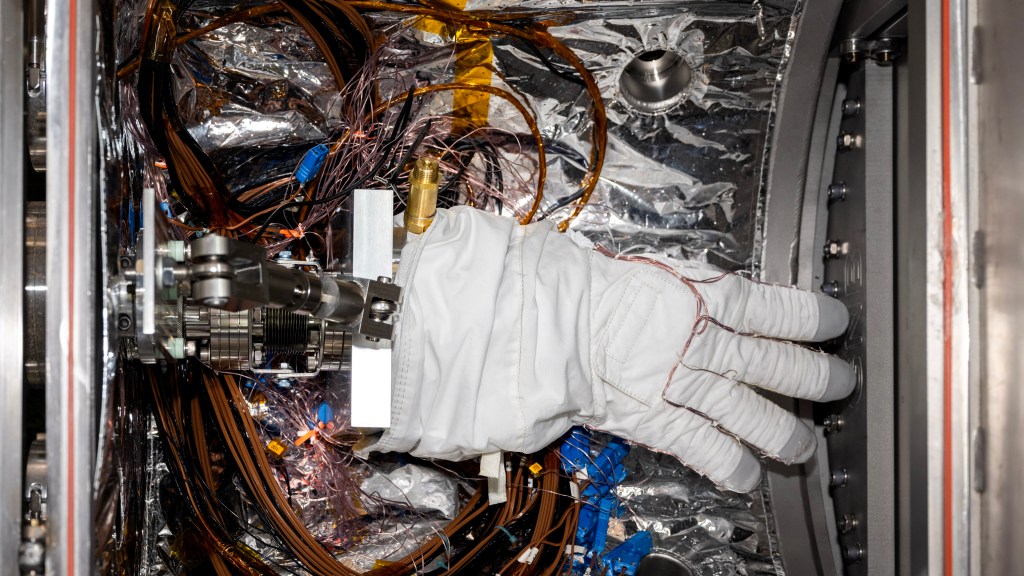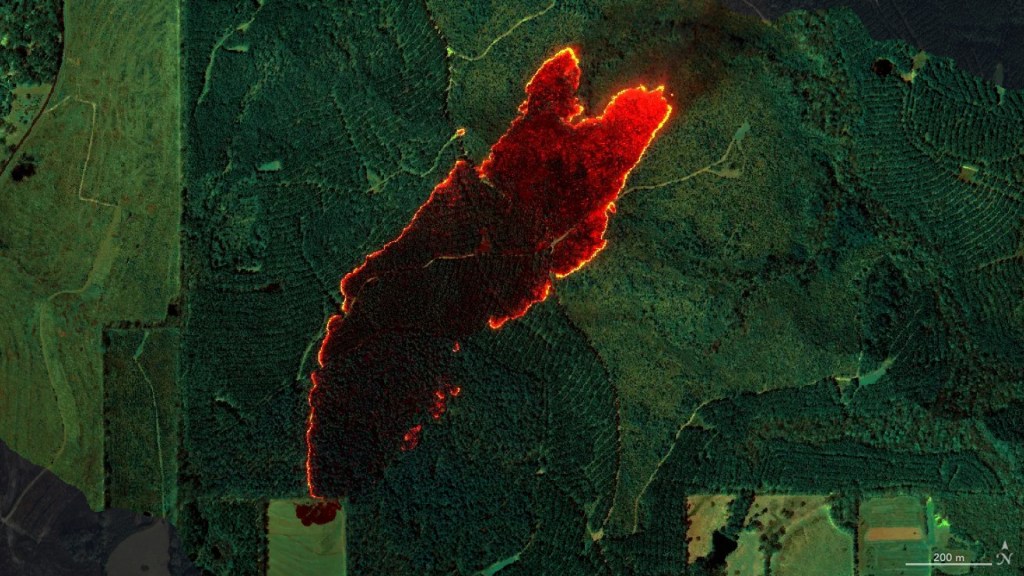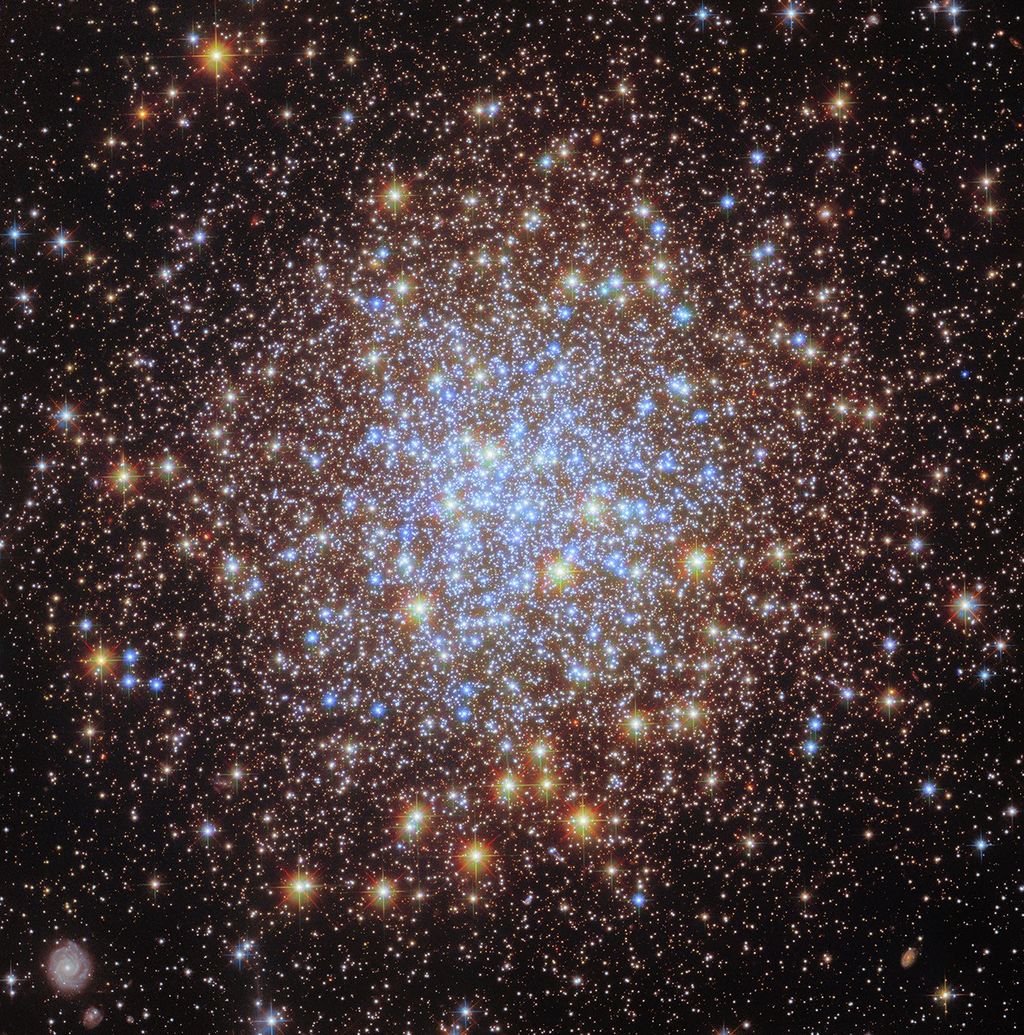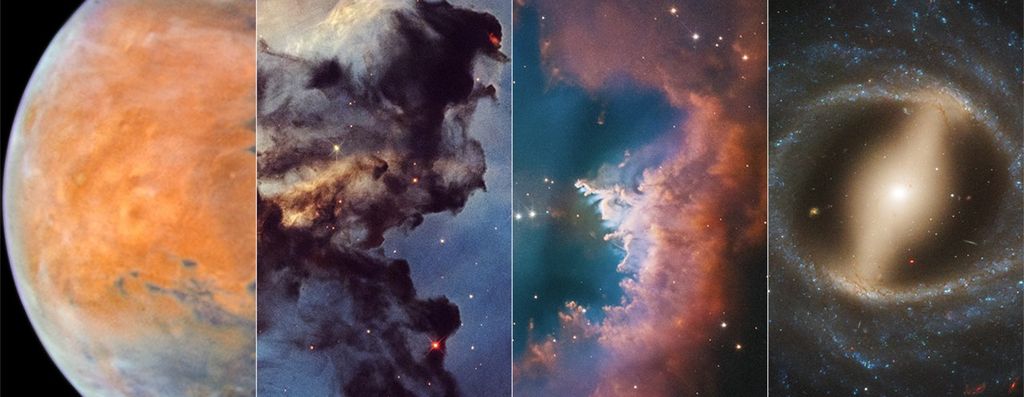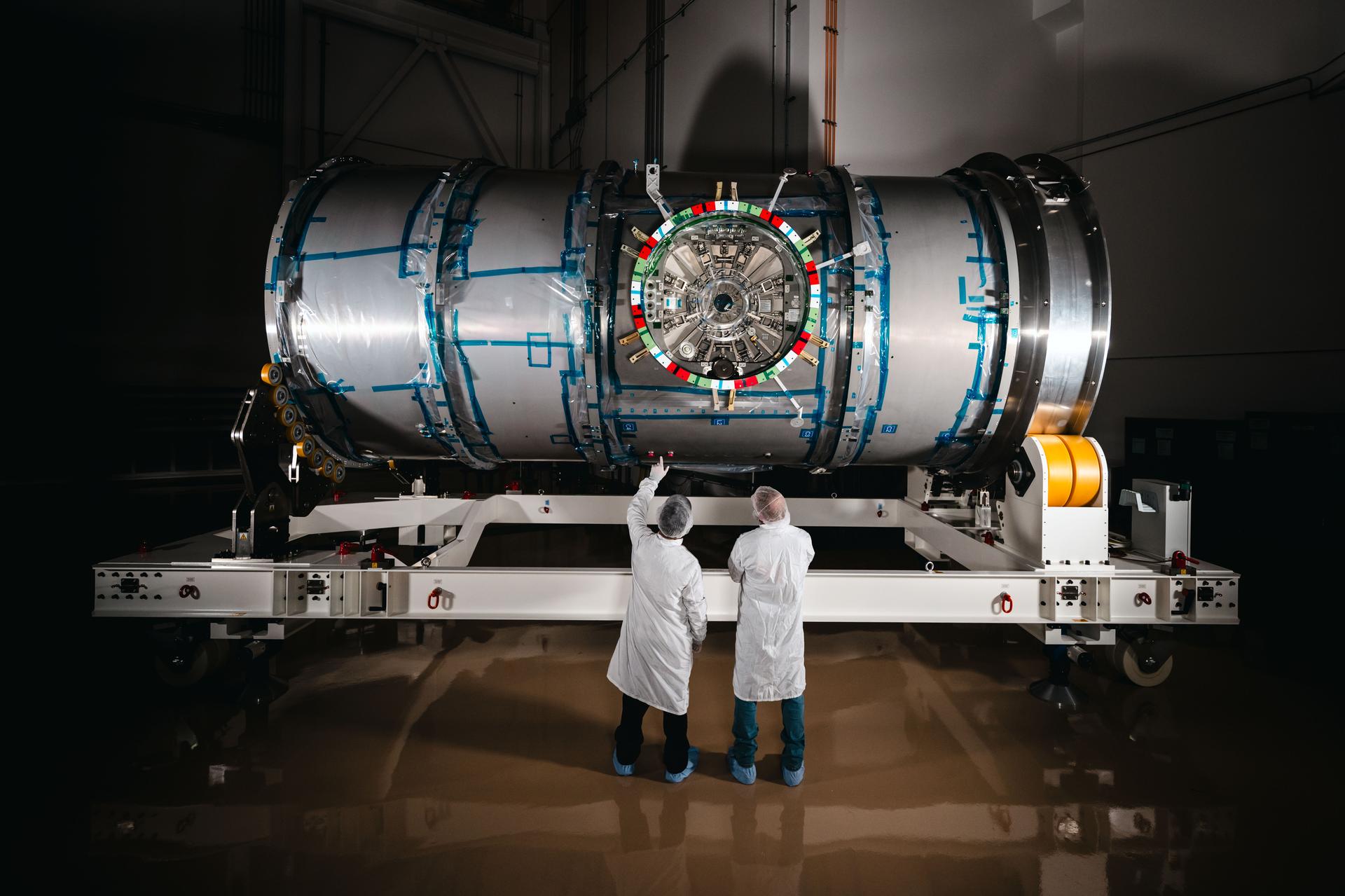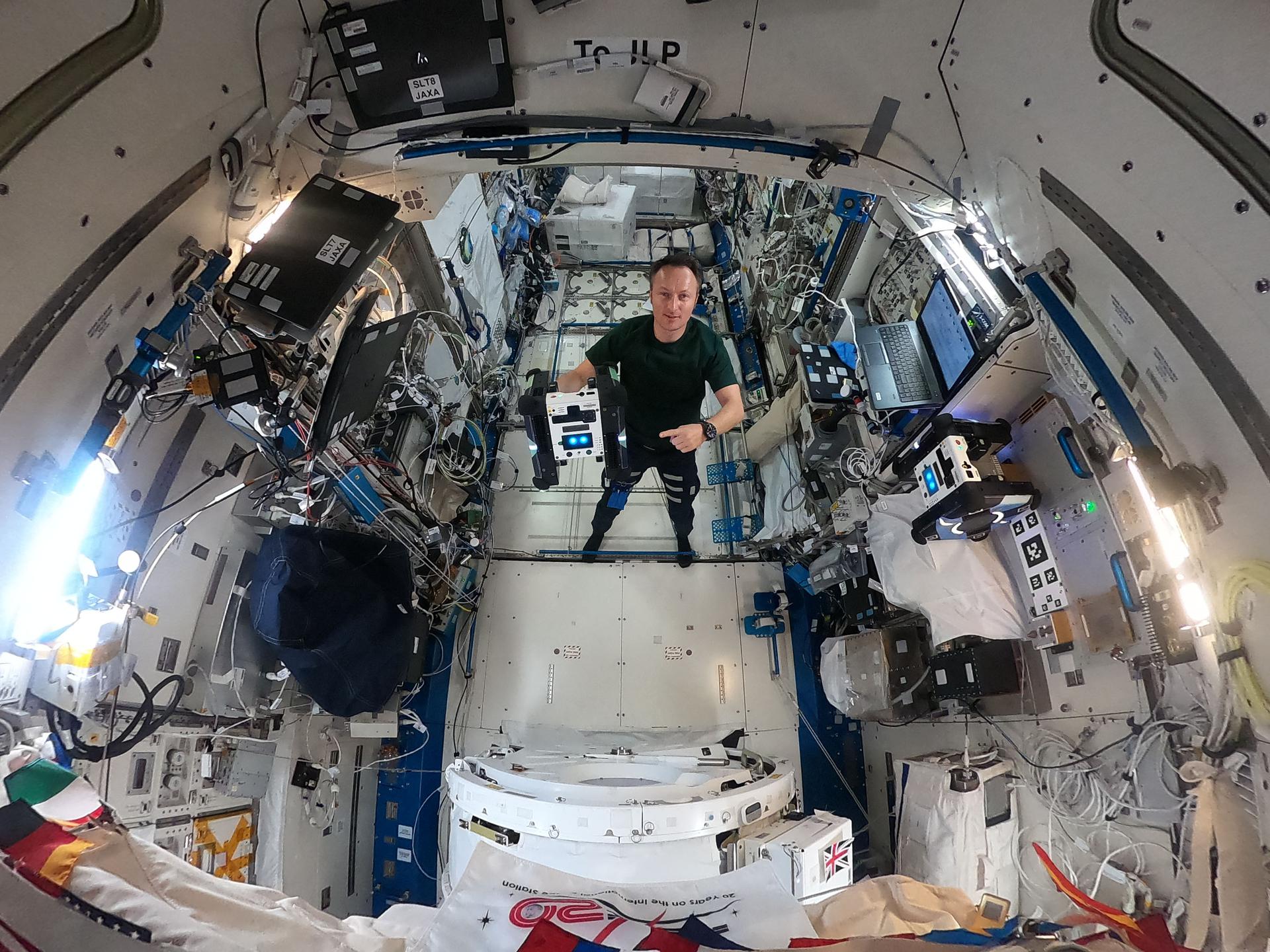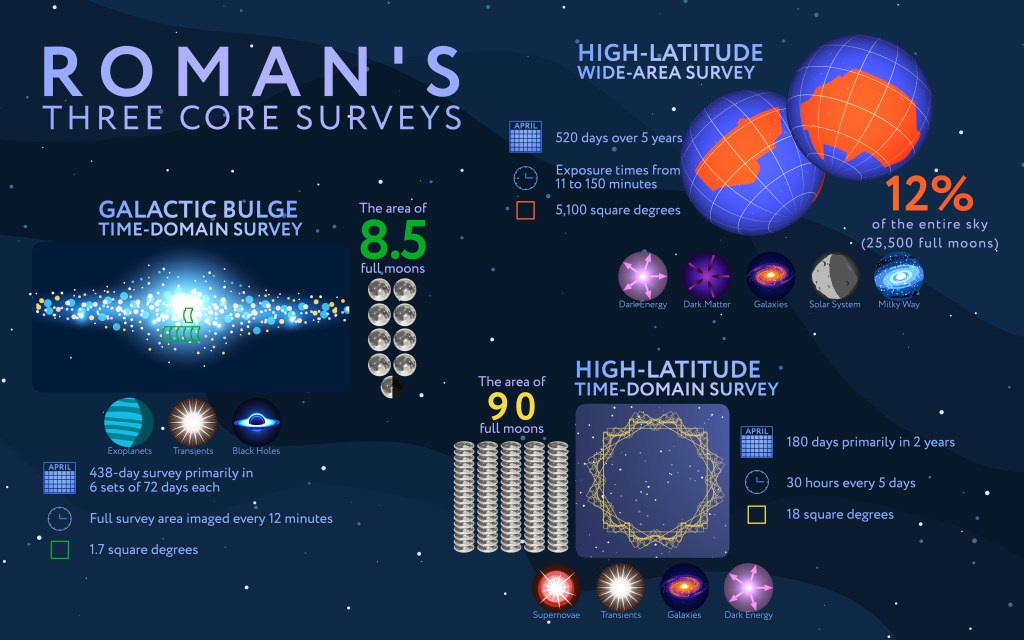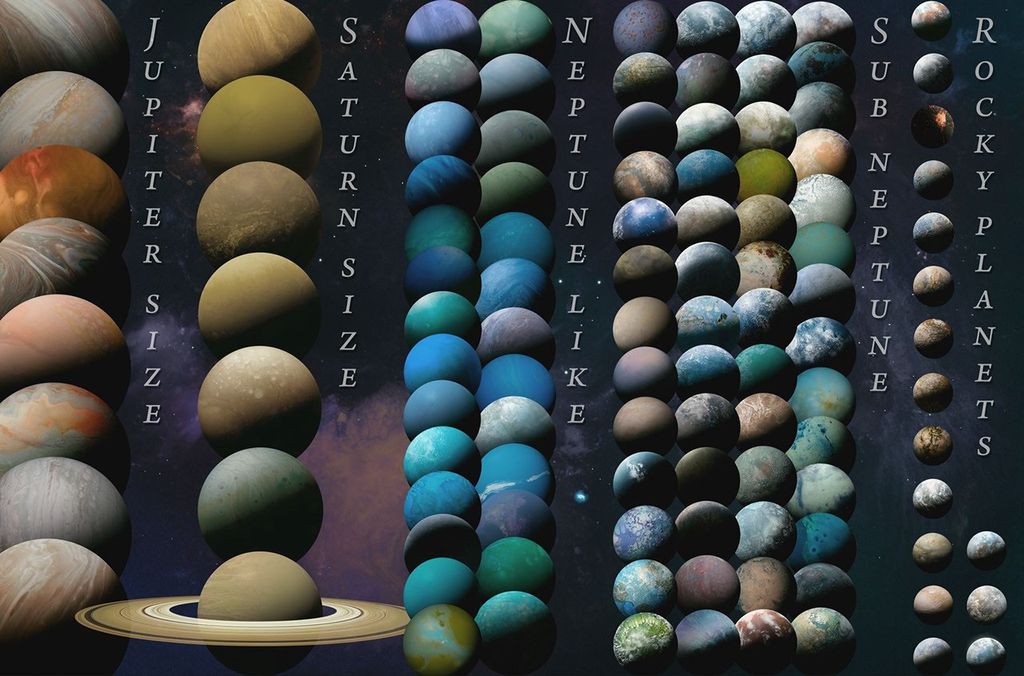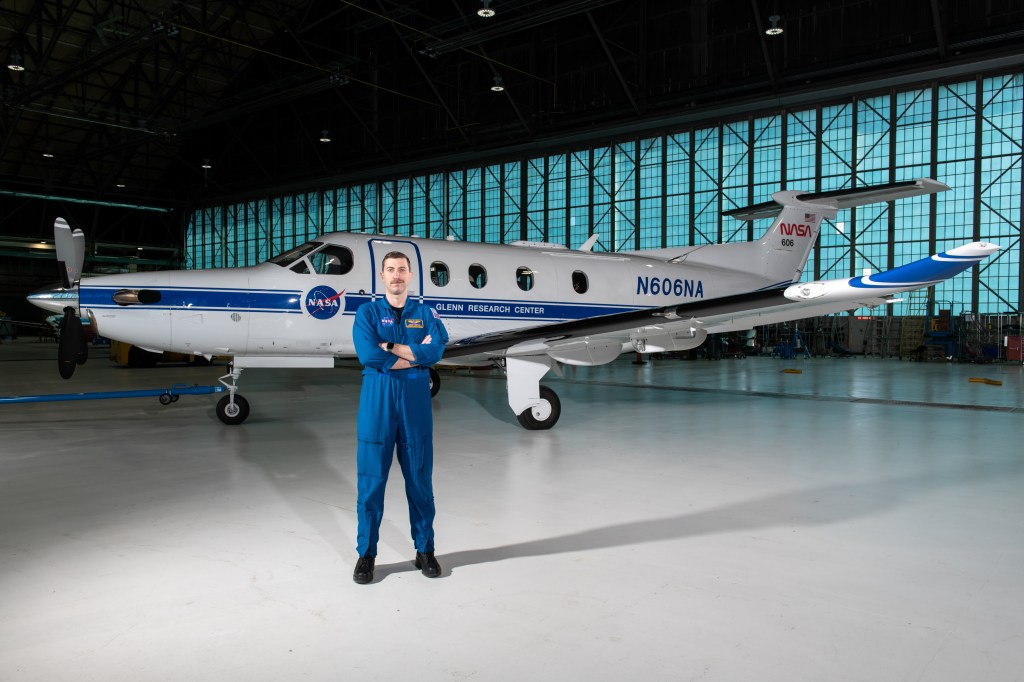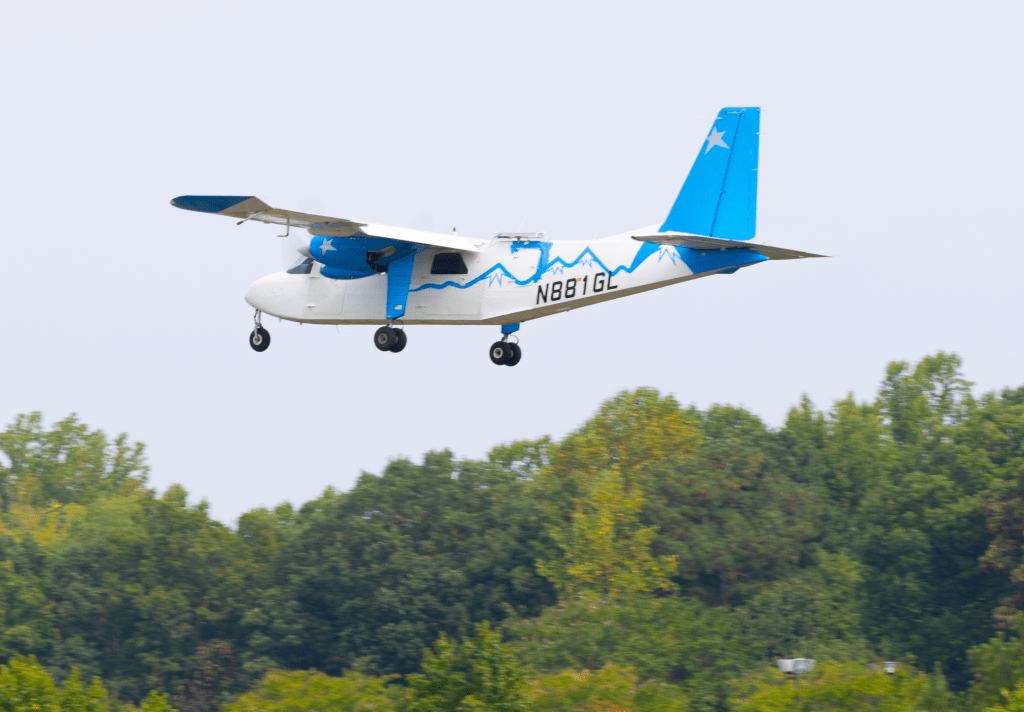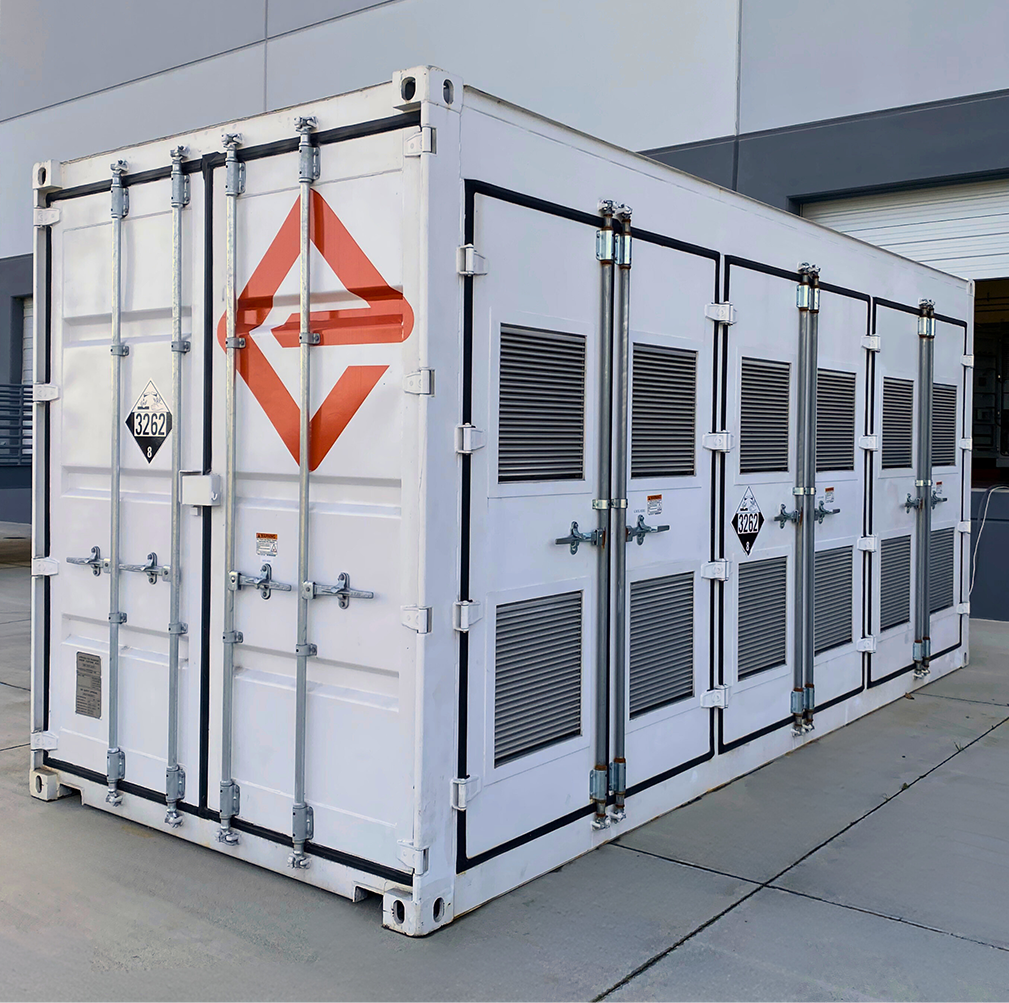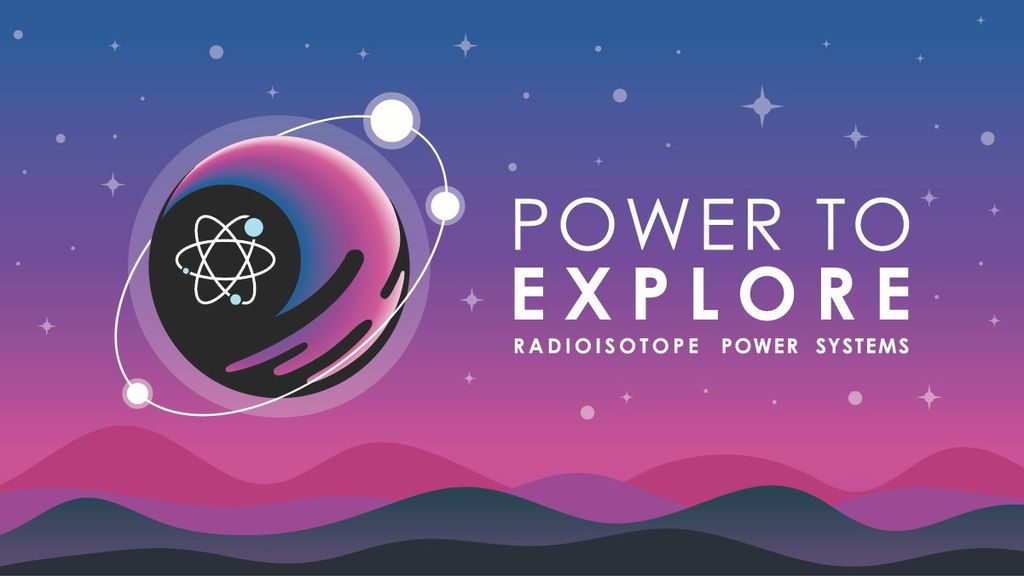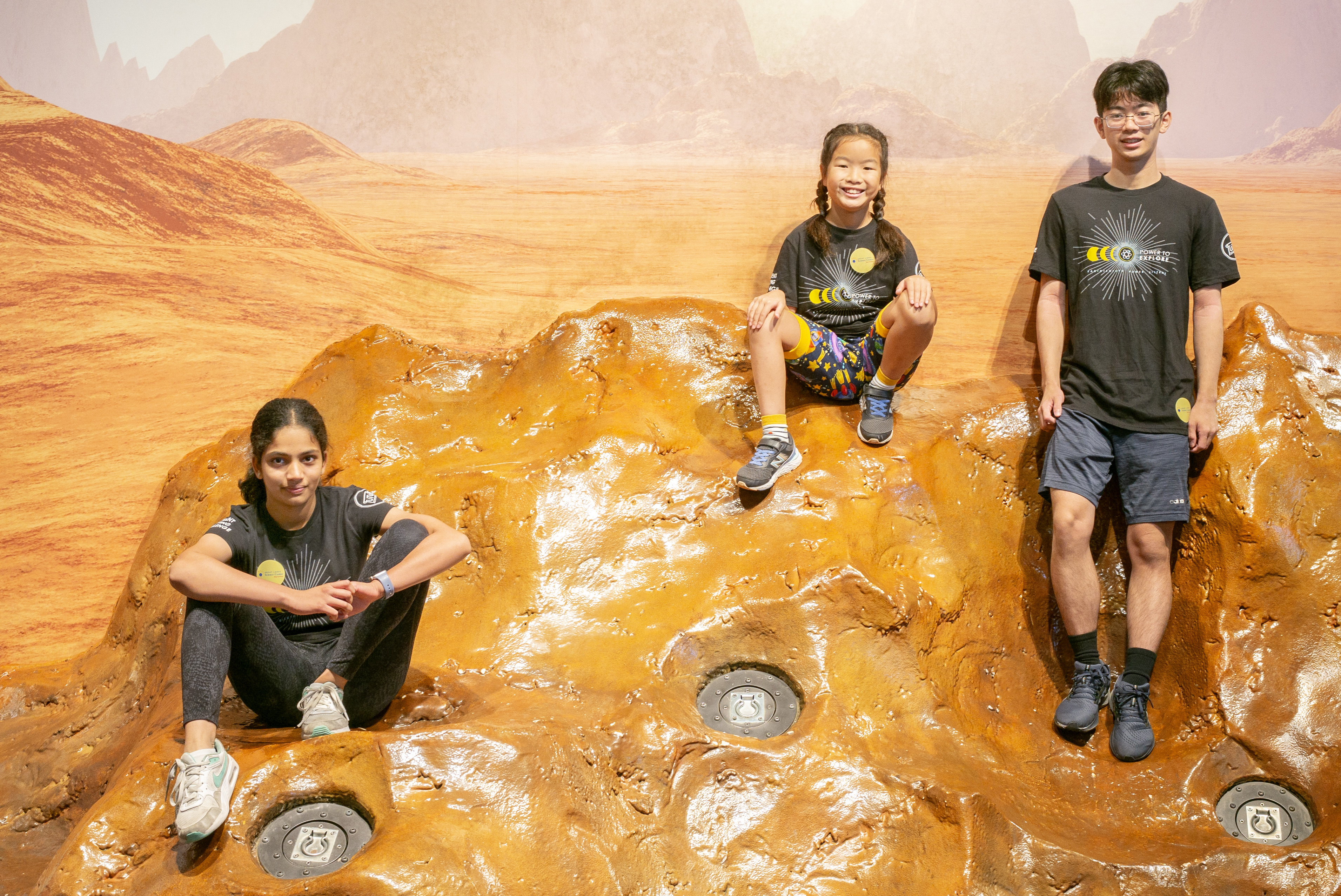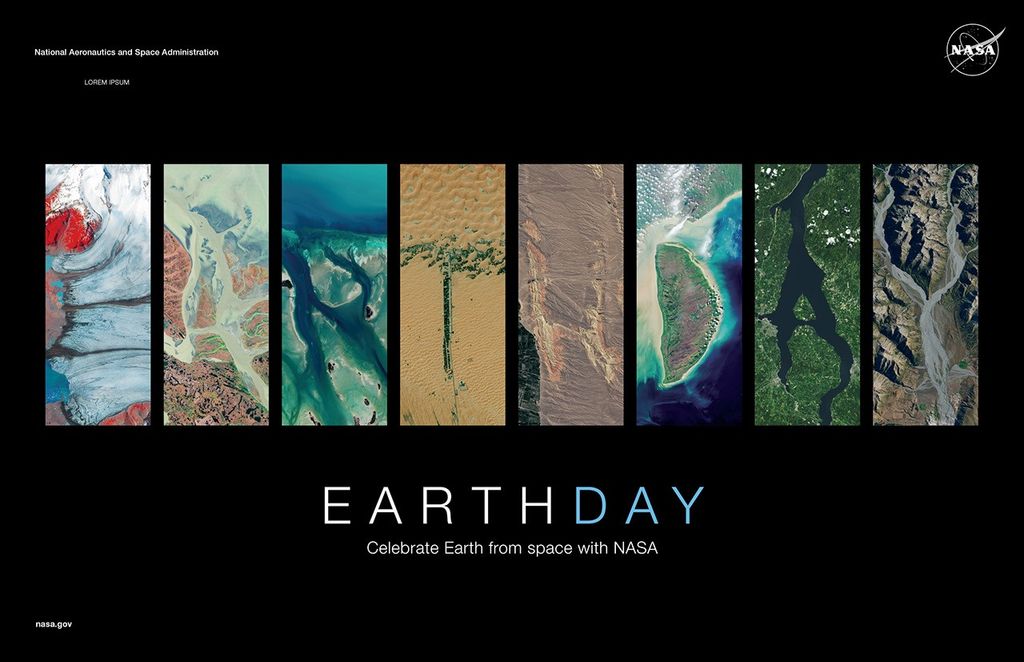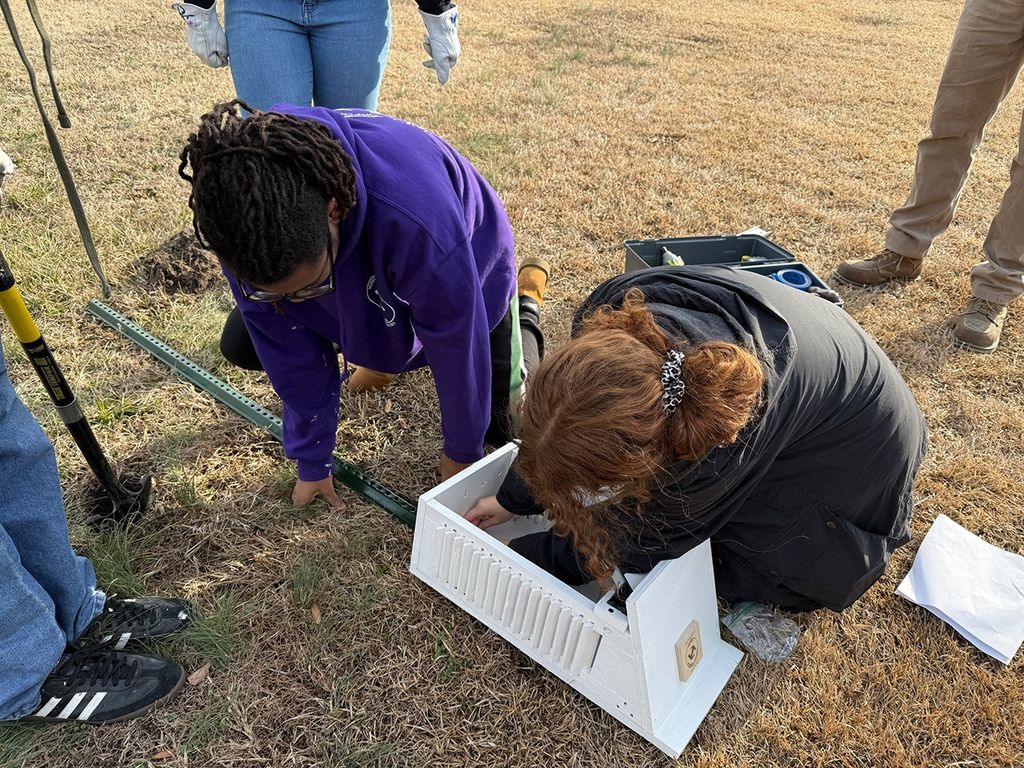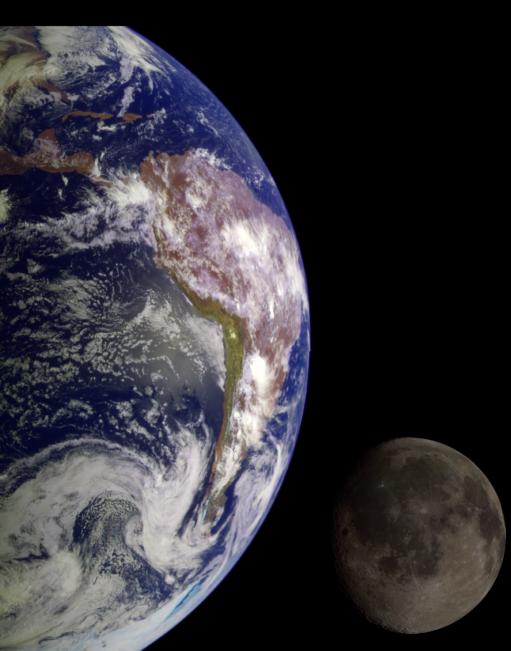2025 Seminar Series
Throughout 2025, the NASA History Office is presenting a seminar series on the topic of Aerospace Latin America. This series will explore the origins, evolution, and historical context of aerospace in the region since the dawn of the Space Age, touching on a broad range of topics including aerospace infrastructure development, space policy and law, Earth science applications, and much more.
This seminar series is part of a collaborative effort to gather insights and research that will conclude in an anthology of essays to be published as a NASA History Special Publication. Individual presentations are being held virtually bi-weekly or monthly.
Upcoming Presentations
“NASA in Chile: Technology and Branding of the Main NASA Station in Latin America during the Cold War”
Hugo Palmarola
Thursday, May 1 at 2:00 pm EDT / 1:00 pm CDT / 11:00 am PDT
Hugo Palmarola will present his interdisciplinary research exploring the role of NASA stations in Chile during the most critical period of the Space Race and the Cold War. His analysis delves into the technological and geopolitical factors that elevated NASA’s presence in Chile to the status of the primary NASA station in Latin America. This station played a pivotal role in completing the deployment of “the fence,” a term referring to the line crossing the American continent from north to south, passing through the United States, Cuba, Panama, Ecuador, Peru, and Chile. Its purpose was to capture the orbit of the first satellites launched by the United States in the western meridian. Additionally, this research scrutinizes the impact of graphic design and NASA’s visual culture in shaping a brand image and scientific imagery. These visual elements played a crucial role in garnering acceptance from various Latin American governments and universities for U.S. strategic operations.
“‘Orchestrating’ Spectrum: Cuba, Communications Satellites, and U.S. Empire, 1963”
Haris Durrani
Thursday, May 15 at 2:00 pm EDT / 1:00 pm CDT / 11:00 am PDT
In 1963, the UN held a conference to regulate a groundbreaking development of the Space Age: the communications satellite. The conference was convened at the International Telecommunication Union (ITU), a specialized agency that allocated radiofrequencies. The “Space Conference” would determine frequencies for communications satellites. A team of U.S. lawyers, corporate executives, agency officials, and diplomats proposed a “first come, first served” regime allowing “freedom of access” to spectrum. They soon confronted a team of engineers, lawyers, politicians, and agency officials from post-revolutionary Cuba, led by the Vice Minister of Communications, Pedro Waldo Luis y Torres, who resisted U.S. proposals. They were followed by a coalition of delegations from nations in the “socialist” and “developing” worlds. These delegations made the first “reservations” to the ITU’s historically stable regulations. U.S. efforts were, Torres claimed, a continuation of the U.S. and European empires from which these “small countries” were freeing themselves.
Historians have found notions of globalism intrinsic to anti-imperial efforts in international law (e.g. the Bandung or Tricontinental Conferences), or else antithetical to ideas of sovereignty. The conference presents a concept of global scale—the apparently U.S. idea of free, universal access to spectrum or outer space—and concerns about self-determination, through the claim that spectrum allocation affected Cuban sovereignty. But its story complicates the view that globalism and sovereignty were foils during decolonization. Sovereignty and the global imaginary of “free” access to spectrum were not antithetical but part of a shared legal vocabulary wherein imperialism and anti-imperialism were contested.
“Unpacking Latin America as an ‘Emerging’ Space Region”
Laura Delgado Lopez
Thursday, June 5 at 2:00 pm EDT / 1:00 pm CDT / 11:00 am PDT
Beyond the academic debate about how to categorize the different levels of space activity across the world, the term “emerging” tends to lead to assumptions about space as a very limited or recent development in a region like Latin America. As this presentation will highlight, there is incredible diversity and breadth of activity in Latin America – in key areas that include not just technology and programs, but also governance, institutional frameworks, and international cooperation and coordination. This presentation will discuss these developments and the context shaping Latin American space activities to date.
How to Attend
These presentations will be held via Microsoft Teams. For details on how to attend the meetings, join the NASA History mailing list to receive updates. Just send a blank email to history-join@lists.hq.nasa.gov to join. Alternatively, send us an email to receive a link for the next meeting.


